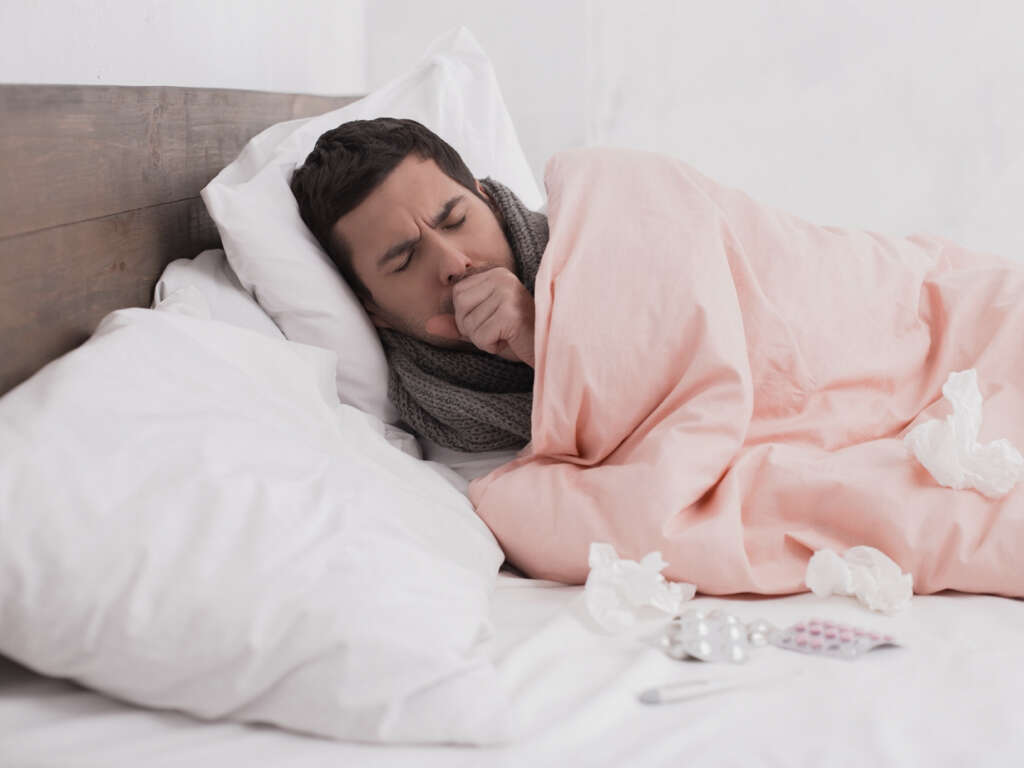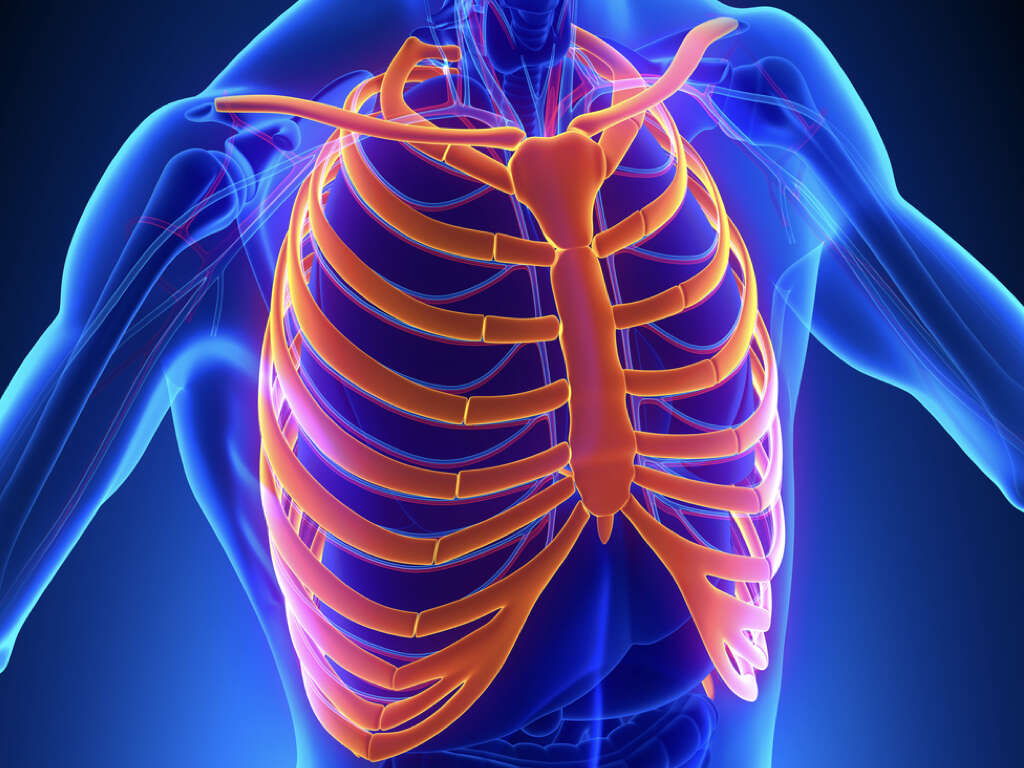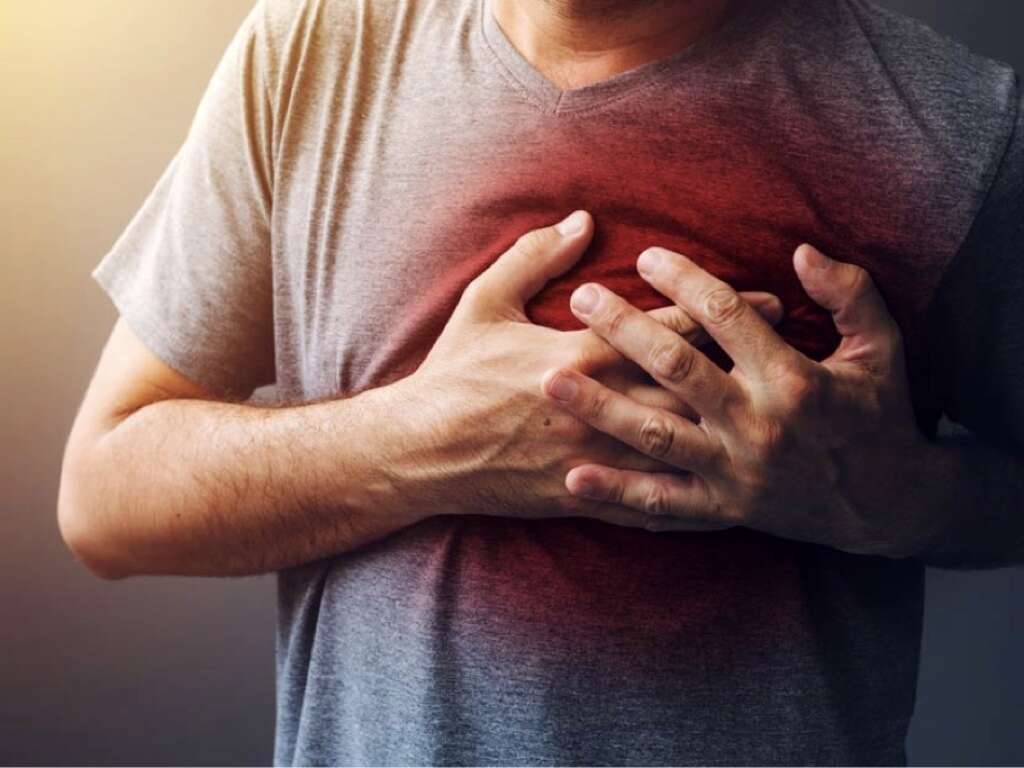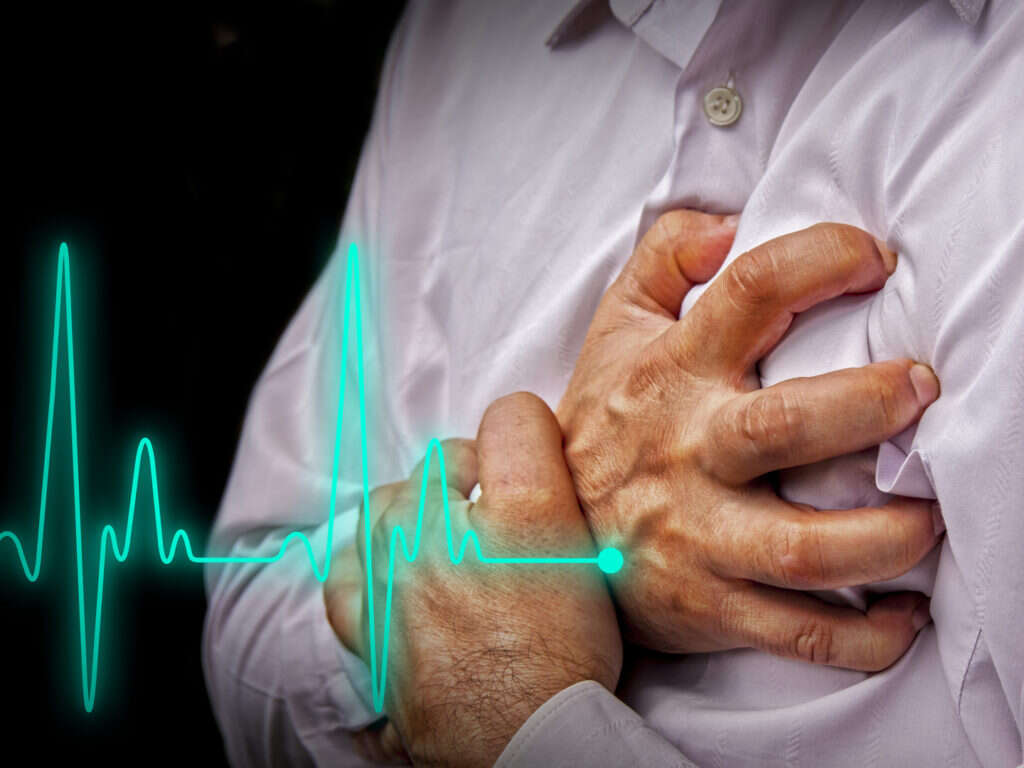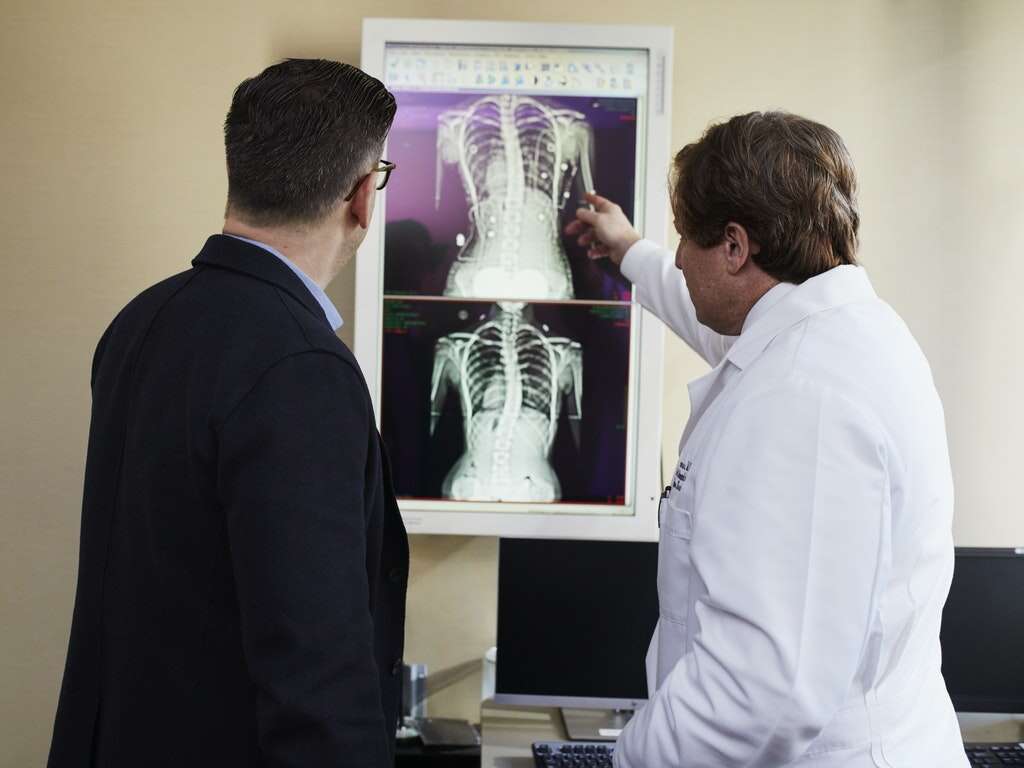10 Pleurisy Symptoms
Pleurisy, also called pleuritis, is the inflammation of the pleura; the membrane lining the outer surface of the lungs and the inner surface of the chest cavity. The condition has several causative factors which include infections by bacteria, fungi, viruses and other parasites, blood clot in vessels supplying the lungs, tumors and cancers in the region, inhaled chemicals such as ammonia, congestive heart failure, tuberculosis, pneumothorax, collagen vascular diseases like arthritis, and some medications like phenytoin and hydralazine. Pleurisy is a serious illness that presents with chest discomfort, pain, breathing difficulties, and joint pain among others.
Chest pain due to pleurisy may be stabbing, sharp or dull. The pain may be localized in one area of the chest or spread to a larger area of the chest, and even the back. Following are 10 pleurisy symptoms to watch out for.
Symptom #1: Chest Pain
Pain in the chest is the most common pleurisy symptom. It usually has a sudden onset and may be stabbing, sharp, or a dull pain that won’t go away. In most cases, the pain worsens when you take a deep breath, when you sneeze, or when you cough.
It is worth noting that the pleura tissue covers the whole outer surface of the lungs and the inner walls of the chest cavity. Therefore, the location of any inflammation determines the place and the extent of the pain. This is the reason why chest pain associated with pleurisy may be localized to a small area or cover a larger area including the shoulders and even the back.
Symptom #2: Cough
While some people with pleurisy may not have it, coughing is a common pleurisy symptom. A cough occurs as a reflex due to irritation or inflammation of the lungs. And while in most cases coughing expels foreign bodies from inside the lungs, the inflammation of the pleura, located on the outside of the lungs causes the same reflex aimed at protecting the lungs. However, a cough associated with pleurisy is usually unproductive because the fluid is outside of the lungs.
In healthy pleura, the space between the two layers of pleura contains a small amount of fluid whose purpose is to lubricate the two surfaces as they move against each other during the breathing process. Irritation of these surfaces sets off the coughing reflex.
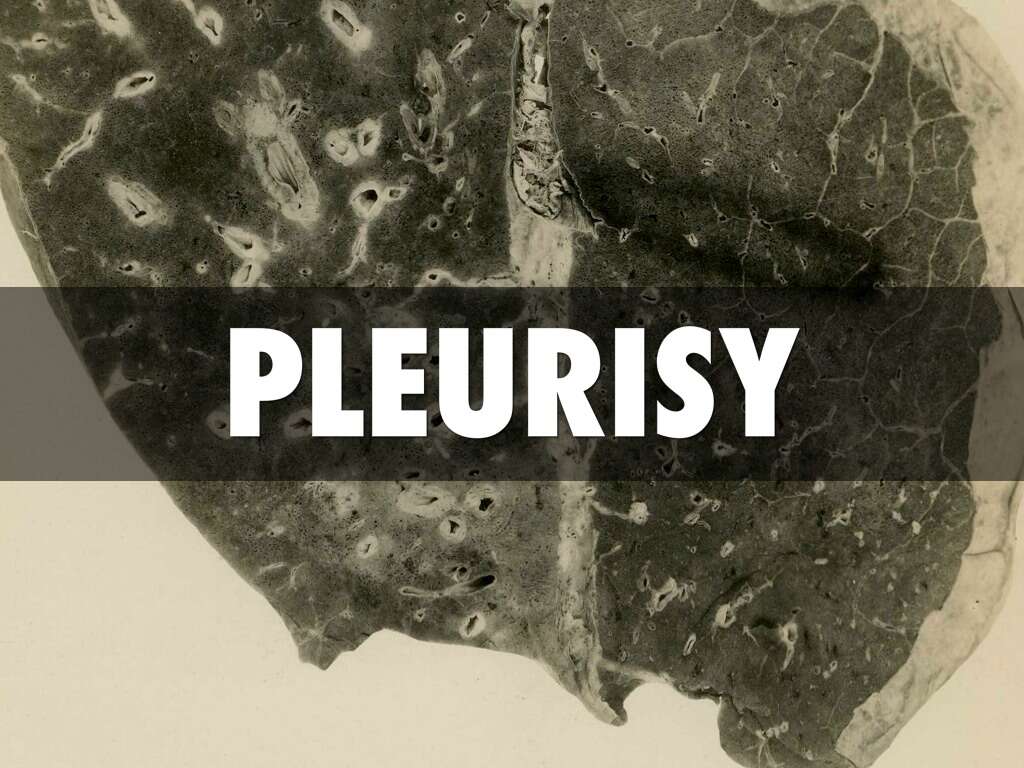
Symptom #3: Breathing Difficulties
In addition to coughing, pleurisy may cause breathing difficulties due to inflammation directly outside of the lungs. The inflammation of the pleura may also cause fluid to collect in the chest cavity, making it difficult for the lungs to expand when breathing in. Incidentally, in some cases, this fluid may cause a reduction of friction pain because the two pleura surfaces no longer rub against each other.
The consequence is that the patient will have a feeling of shortness of breath as less air, and oxygen in particular gets into the lungs. Besides, to minimize the pain that worsens when breathing in, the patient will automatically take shallow breaths.
Symptom #4: Sore Throat
Sore throat is a common pleurisy symptom because of the proximity of the throat to the pleura and the connection to the lungs. Any irritation of the throat, irrespective of its cause, can lead to a sore or scratchy feeling. In case of pleurisy, the infection of the pleura, which is located close by, can spread to the throat. The resultant irritation presents as a sore throat.
A sore throat that develops as a result of pleurisy usually occurs because the root cause of the irritation is an infection by a virus, bacteria, or other parasite. Additionally, the continuous coughing reflex can also lead to soreness in the throat.
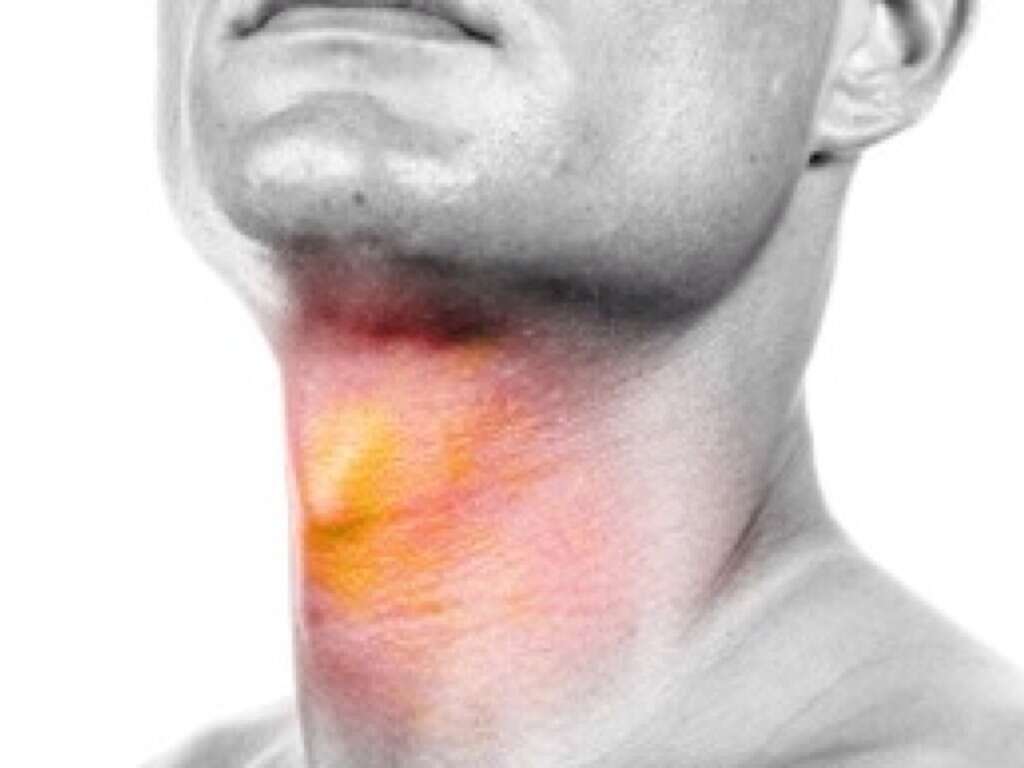
Symptom #5: Back or Shoulder Pain
Back or even shoulder pain can be a symptom of pleurisy depending on the location of the irritation or inflammation. As we have seen, the pleura tissue spreads all through the inner surface of the chest cavity in addition to the outer surface of the lungs. Now, because the lining spreads to both the front and the back, including the shoulder area, if inflammation occurs in any of these areas, shoulder or back pain may result accordingly.
This means that while back or shoulder pain can be caused by many other conditions, it can also be a pleurisy symptom. However, in case of this condition, the pain will worsen when you take a deep breath.
Symptom #6: Fever
Fever and chills are other pleurisy symptoms which usually occur when the inflammation has been going on for a long time. A rise in temperature beyond normal happens as part of the immune response.
When the immune system senses irritation, it responds by initiating inflammation to deal with the irritation. But when the irritation does not go away so that inflammation continues, the immune system finds an alternative way of dealing with the problem by trying to destroy the causative agent. It therefore causes the body to produce chemicals called pyrogens which inhibit the nervous system from sensing heat, while it enhances sensing of cold.
As a consequence, the brain causes a compensatory rise in body temperature to kill the pathogens. This causes a fever. But because the nervous system’s ability to sense heat is inhibited, it causes a chill. Similar reactions occur during other infections, including flu.
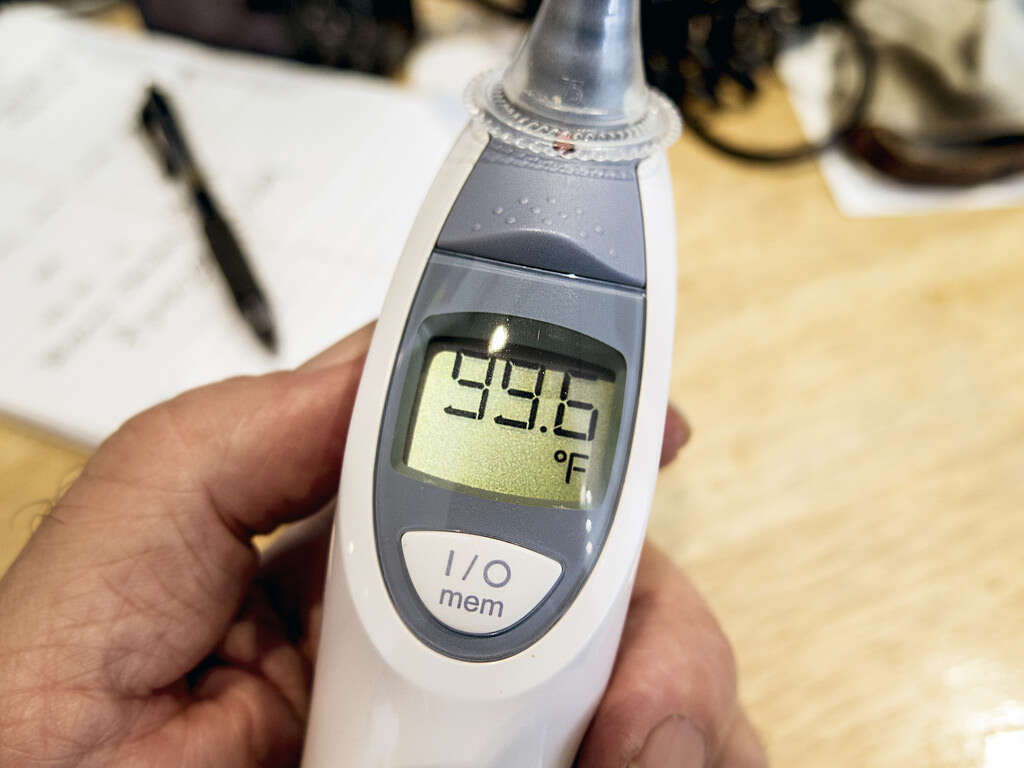
Symptom #7: Headaches
Headaches are the other pleurisy symptoms that affect many patients. Because the inflammation, cough, fever, and breathing difficulty due to pleurisy happen over an extended period of time, the resultant tension and irritation may also cause headaches. In most cases, these headaches are mild at the beginning. However, as the inflammation continues, the headaches may become more severe and continuous.
Therefore, in case you have continuous headaches that begun mildly and are growing in severity, and also have other pleurisy symptoms, you could be having the disease. This makes even more sense if you have not been diagnosed with any specific illness.
Symptom #8: Fatigue
Fatigue is a pleurisy symptom that is mainly caused by the reduced air intake. As observed earlier, the increase in pain when inhaling leads to breathing difficulty. This means that less air gets into the lungs. It is also worth noting that the discomfort may cause the patient to eat and drink less. The reduction in both air and food intake causes the body to get inadequate oxygen and blood sugar; both of which are essential for energy production.
Pleurisy pain and discomfort cause the patient to spend a lot of time either sitting or lying down. The patient may become incapable of carrying out ordinary activities like walking or doing laundry. Additionally, pleurisy patients may feel fatigued when they are on medications like antibiotics which have an internal toll on the weakened body.

Symptom #9: Muscle Or Joint Pain
Because many cases of pleurisy are caused by an infection, if the resultant inflammation is not addressed early enough, it can go on for a long time and present with similar signs as flu. This means that in addition to chest, shoulder and back pain, other symptoms that are more common when you have flu such as muscle and joint pains may also occur. You may also experience muscle weakness.
This also means that some cases of pleurisy may be mistaken for flu. Therefore, if you have been treated for flu or a similar illness and the symptoms do not go away, you probably have pleurisy and need appropriate treatment.
Symptom #10: Weight Loss
Another pleurisy symptom is unexplained weight loss. This happens because a person with pleurisy is likely to eat less food, drink less water, and spend a lot of time either seated or lying down. All these play a role in losing some weight.
It is worth noting that, besides causing a nagging pain, when you have pleurisy, breathing becomes a taxing chore. Remember that the inflammation within the chest cavity worsens when you take a deep breath. As a consequence, you will subconsciously take shallower breaths to minimize pain. For similar reasons, you will subconsciously eat smaller meals and drink less water. Additionally, because you are less active, your body will not sense the need for higher intake of food or water. The end result is a noticeable loss of weight.



